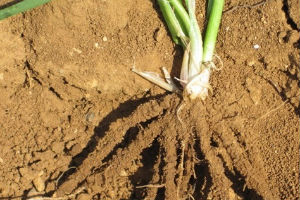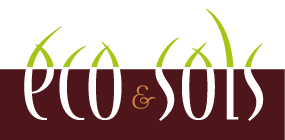 Importance of soil biodiversity for the provision of agroecosystem services in intraspecific mixtures of wheat
Importance of soil biodiversity for the provision of agroecosystem services in intraspecific mixtures of wheat
To what extent can intra-field biodiversity foster the delivery of multiple ecosystem services and address the need for more sustainable agriculture under low chemical input conditions has been rarely studied, and the importance of soil biodiversity in this context remains elusive. We will use the opportunity offered by the ANR-funded Wheatamix project with a unique field trial of 88 mixtures or monocultures generated from a pool of 16 wheat varieties and the quantification of 6 ecosystem services (yield, regulation of foliar diseases, of pests, of weeds, maintenance of soil fertility, biodiversity preservation) provided by each mixture or monoculture. While the Wheatamix project will characterize the 6 services and aboveground diversity (wheat variety functional traits and diversity of aboveground organisms), it only partly addresses soil functional diversity.
The SolFaMi project will further quantify key components of soil biodiversity (not addressed by Wheatamix), mainly focusing on the functional dimension and associated processes, in the 88 plots and for 2 years. It will
- identify which aspects of soil biodiversity, i.e. key functional groups and traits of the micro/meso/macro-biota, and associated processes, are linked to the delivery of particular agro-ecosystem services, and
- better understand how soil biodiversity, in relation with aboveground diversity, can explain the trade-offs or synergies observed between the different services studied.
The synergies generated between the Wheatamix and SolFaMi projects will help to produce guidelines for the design of wheat variety mixtures to be used in a context of multifunctionality of agriculture.
Date
2016-2018
Partners
X. Le Roux (LEM Lyon), S. Barot (iEES Paris), J. Enjalbert (GQE Versailles) et Z. Mao (AMAP Montpellier)
Funding
INRA, Méta Programme "EcoServ"
Contact
Philippe Hinsinger, Eco&Sols, INRA Montpellier
e-mail :






